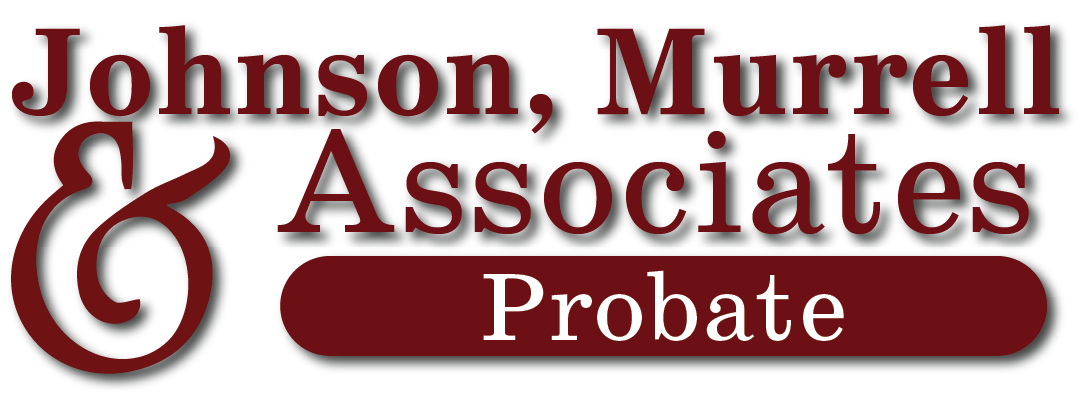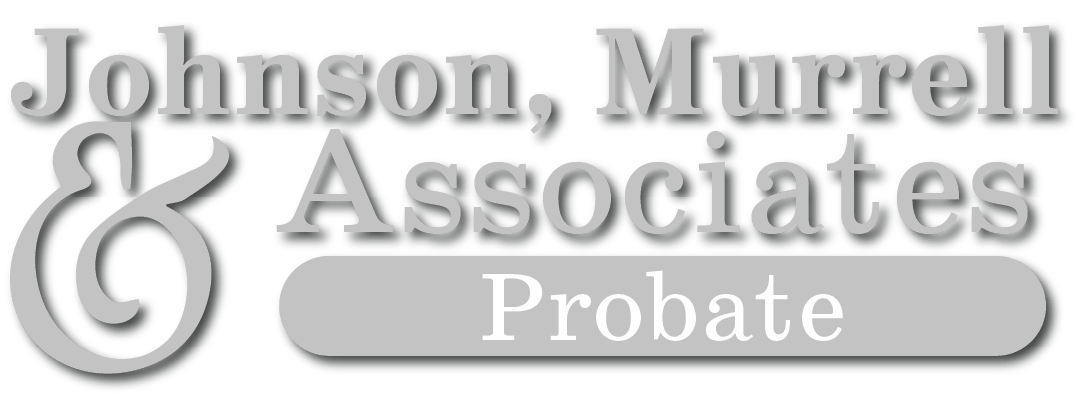Navigating the probate process can be overwhelming, especially if it’s your first time consulting a probate attorney. We recognize that you likely have questions about the process and how to get started. This guide has essential questions to ask a probate attorney to ensure you’re well-prepared.
Key questions include:
- How many years have you been practicing probate law?
- Can you explain the provisions of the will?
- What are some potential complications or challenges in my case?
- How do you structure your fees?
- How will we communicate throughout the process?
- What are the steps involved in the probate process for this case?
- What are my responsibilities as the executor/personal representative?
- How will creditors and outstanding debts be handled?
- What can I be doing now?
What To Bring to Your Meeting
It’s important to gather essential documents and information before your first meeting with a probate attorney.
Most importantly, be sure to bring the deceased’s:
- Death certificate
- Last will and testament
- Trust documents if available
Having these items ready will help make your initial consultation more productive and efficient. There may not be a will available in certain cases. Fortunately, you can still go through probate without a will in Tennessee — bring as much information as you have, and the attorney will be able to help.
You can gather contact information for beneficiaries and potential executors to further simplify the process. It helps to collect any of the deceased’s recent financial statements.
Documents falling under this category include:
- Bank accounts
- Investments
- Retirement plans
- Recent tax returns
- Business-related documents
You should also compile a list of assets and debts along with property deeds and vehicle titles.
What Questions To Ask a Probate Attorney
1. How many years have you been practicing probate law?
Seasoned attorneys are more likely to have encountered a wide range of complex scenarios, potentially similar to your case.
This means they may be more experienced at:
- Telling how long a case will take
- Navigating intricate legal processes
- Anticipating potential issues
- Finding efficient solutions
They also usually have established relationships with local courts and professionals, which can streamline proceedings. Years of practice aren’t the sole indicator of competence. However, they often correlate with a deeper understanding of probate law and more refined problem-solving skills.
2. Can you explain the provisions of the will?
A probate lawyer can explain the provisions of the will to help you better understand what it means and how assets will be distributed. This clarity ensures you grasp the deceased’s intentions and can execute them correctly. It also helps identify potential ambiguities or conflicts in the will that might lead to probate disputes.
Understanding the will’s provisions allows you to:
- Communicate effectively with beneficiaries
- Manage expectations
- Prepare for any complex distribution scenarios
This knowledge is essential for fulfilling your duties as an executor accurately and efficiently.
3. What are some potential complications or challenges in my case?
Discussing the potential complications or challenges in your case helps you prepare for possible obstacles and understand the complexity of your situation. An experienced attorney can foresee issues like:
- Contested wills
- Complex asset distributions
- Tax implications that may arise
This insight allows you to make informed decisions, set realistic expectations about the process duration and costs, and develop strategies to proactively address potential problems. Knowing these challenges upfront can help avoid surprises and streamline the probate process, potentially saving time in the long run.
4. How do you structure your fees?
Asking a probate lawyer about their fee structure is important for financial planning and transparency. Attorneys typically use three main approaches:
- Flat fees
- Hourly rates
- A percentage of the estate’s value
Understanding the fee structure helps you estimate costs, compare options, and avoid surprises. It allows you to assess which method best suits your case complexity and estate size. This knowledge empowers you to make an informed decision that aligns with your situation and budget.
5. How will we communicate throughout the process?
Knowing a probate attorney’s communication methods ensures a smooth and transparent probate process. Clear communication helps you stay informed about the case progress, upcoming deadlines, and any potential issues.
It allows you to:
- Set expectations for response times and preferred contact methods
- Understand how often you’ll receive updates
- Know who to contact with questions or concerns
- Ensure important decisions aren’t delayed due to miscommunication
- Avoid unnecessary billable hours from inefficient exchanges
Effective communication channels can help streamline the probate process and reduce stress. It also enables you to actively participate in decision-making and provide timely input when needed, ultimately leading to a more efficient and satisfactory resolution of the estate.
6. What are the steps involved in the probate process for this case?
Understanding the steps involved in the probate process helps you anticipate the timeline and complexity of the process. It also helps you to prepare necessary documents and information in advance, potentially speeding up proceedings.
Familiarity with the steps can help reduce stress and uncertainty during an already emotional time. This knowledge enables you to anticipate and plan for potential challenges or delays at each stage. It also helps you communicate more effectively with your attorney and other involved parties.
7. What are my responsibilities as the executor/personal representative?
Knowing your responsibilities as the executor or personal representative ensures that you don’t overlook critical tasks. This includes helping you understand the full scope of your legal and fiduciary duties.
Knowing this kind of information allows you to:
- Properly manage the estate’s assets
- Pay debts and taxes
- Distribute inheritances according to the will or state law
Understanding your role also helps you avoid potential legal pitfalls and personal liability. With this information, you can be better organized and fulfill your obligations efficiently and accurately. This ensures that the deceased’s wishes are honored and serves the best interests of the beneficiaries.
8. How will creditors and outstanding debts be handled?
Asking a probate attorney how creditors and outstanding debts during probate will be handled helps you understand the estate’s financial obligations and potential complexities in the probate process. Proper handling of creditors and debts is essential to avoid legal issues and personal liability as an executor.
The attorney can explain:
- The order of debt repayment
- How to notify creditors
- What to do if the estate is insolvent
This knowledge allows you to set realistic expectations about the estate’s final value and potential distributions to beneficiaries. It also helps you communicate effectively with creditors and beneficiaries, potentially avoiding disputes and ensuring a smoother probate experience.
9. What can I be doing now?
Knowing what you can do to prepare for probate is crucial for streamlining the process. A probate attorney can guide you on:
- Gathering essential documents
- Creating asset inventories
- Identifying potential issues
They can also advise you on actions you can take independently, such as transferring financial accounts with named beneficiaries, which often don’t require legal assistance. This knowledge empowers you to handle simpler tasks yourself and save time. Additionally, early preparation can help identify and resolve potential complications before they become major issues.

To prepare for your first meeting with a probate attorney, gather essential documents like the death certificate, will, and trust documents. Ask about the attorney’s experience, fee structure, communication methods, and your responsibilities as executor. Knowing these facts will help streamline the probate process and ensure the deceased’s wishes are honored.
At Johnson, Murrell, & Associates, we understand that handling a loved one’s estate and bills after their passing is an emotional, stressful experience. Our job is to make your life easier, which means guiding you through the process so you understand what’s to come. To schedule a consultation, call us at 865-453-1091 or schedule an appointment.



